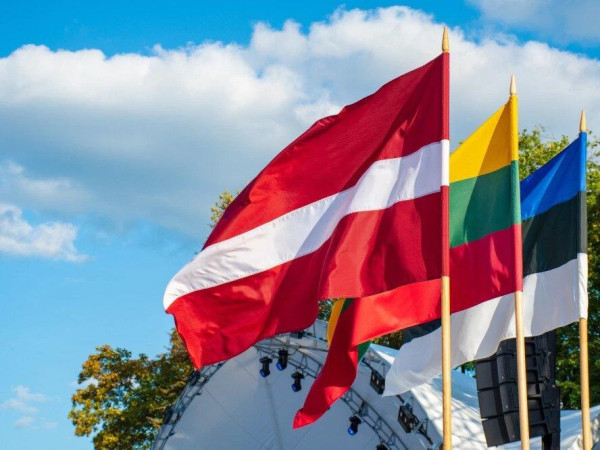In the fourth quarter of 2020, the gross domestic product (GDP) of Estonia decreased by 1.2% year on year, and the GDP at current prices was 7.3 billion euros. In 2020 as a whole, the Estonian economy shrank by 2.9%.
“The main economic activities behind the economic downturn in the fourth quarter were agriculture, forestry and fishing, accommodation and food service activities, and administrative and support service activities,” said Robert Müürsepp, leading analyst at Statistics Estonia.
“The contribution of manufacturing was negative, but the situation in that economic activity improved to reach pre-pandemic levels. The rapid decline in transportation and storage also slowed down, and there were other signs of the economy recovering at the end of the year. Information and communication and the financial sector made a positive contribution to the economy,” explained Müürsepp.
According to Statistics Estonia, in the fourth quarter of 2020, household consumption decreased by 1.3%. The expenditure on furnishings, food and communication continued to increase, while people spent less on transport, clothing and leisure.
Foreign trade fared well despite the restrictions on international transport. The low level of travel services still limited the export and import of services, but trade in goods reached a historically high level. Both the import and export of goods were boosted by trade in electronic equipment and chemical products – by 14.4% and 8.7%, respectively. The export of wood products also helped to increase exports, while imports were driven by the import of various machinery and equipment.
Pursuant to Müürsepp, low tax receipts slowed the economy down, just like at the start of the year. “There was a fall in the receipts of both value-added tax and excise duties, which was partly caused by the exceptionally high level of tax receipts in the fourth quarter of 2019,” added Müürsepp.
There was a fall in investments into the financial sector and into transport equipment.
In 2020, the Estonian economy shrank by 2.9% due to the restrictions imposed in response to the coronavirus. Manufacturing, trade, and accommodation and food services were the main contributors to the economic decline.
Household consumption fell by 2.5% in 2020 due to goods and services related to travelling, commuting and leisure activities outside of the home. There was an increase in expenditure related to the stay-at-home lifestyle and health. Healthcare was also the main driver of the 3.6% increase in government expenditure in 2020.
The coronavirus crisis, which culminated with a lockdown in spring, ravaged foreign trade. Still, in the second half of the year, trade showed signs of recovery, which is a good indicator of how quickly the Estonian economy can adapt.















